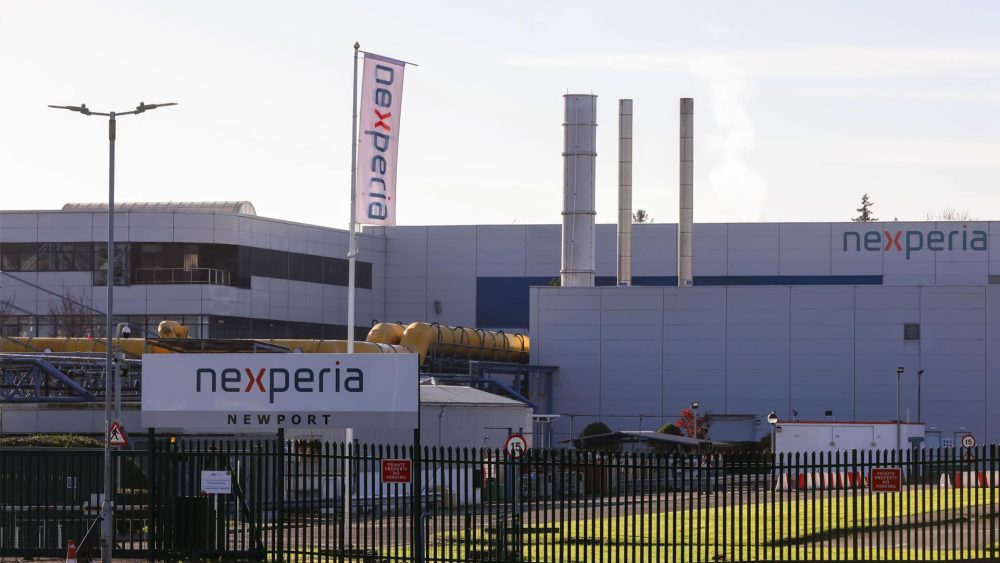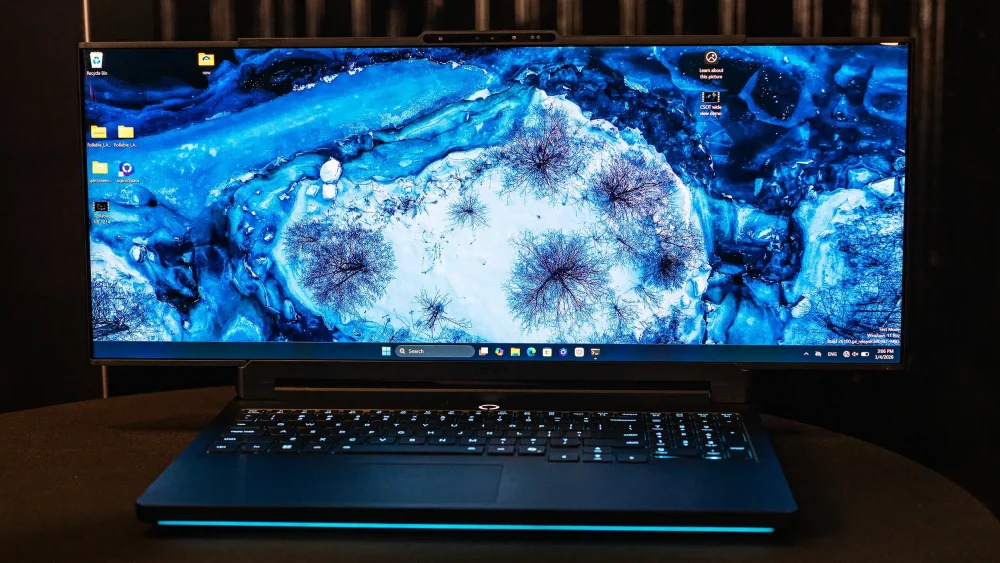Imagine a company that makes a crucial component for the car you drive and the phone in your pocket. Now, imagine that the company is at the center of a high-stakes global fight. This is the reality for Nexperia, a major chipmaker caught between the U.S. and China.
What Happened?
The Dutch government has temporarily taken control of Nexperia, a Netherlands-based company that China’s Wingtech owns. The Dutch government acted due to fears that sensitive technology could be transferred to China.
This move didn’t happen in a vacuum. It’s a direct result of the ongoing “tech war” between the United States and China. The U.S. had previously blacklisted Nexperia’s parent company, Wingtech, making it difficult for American companies to do business with it. Recently, the U.S. expanded these rules to include companies majority-owned by those on the blacklist, which directly ensnares Nexperia.
The Ripple Effects
While Nexperia doesn’t make the advanced processors for smartphones, it is a global leader in producing basic, but essential, chips. These components are vital for:
- Cars: Powering everything from infotainment systems to engine controls.
- Consumer Electronics: Found in products from brands like Apple and Tesla.
The problem is that most of Nexperia’s chips are packaged and assembled in China. In response to the Dutch seizure, the Chinese government has now restricted Nexperia’s Chinese unit from exporting certain components. This creates a perfect storm that could disrupt the supply of these vital chips, potentially affecting production lines for major companies and leading to delays or higher prices for consumers.
A Fight for Control
The conflict is playing out on multiple fronts:
- The CEO: Court documents reveal that the U.S. pressured the Dutch government, suggesting that Nexperia’s Chinese CEO would have to be replaced to avoid U.S. restrictions. A Dutch court has since removed him.
- The Business: Nexperia is now facing export restrictions from both the Dutch and Chinese governments, putting its entire global operation in jeopardy.
- The Fallout: Clients like Apple and Tesla may be forced to find new suppliers, a process that industry experts say could take six to nine months. Wingtech is appealing the Dutch decision, arguing it is unfair and bowing to U.S. pressure, which the Dutch government denies.
In short, a company most people have never heard of has become a critical pawn in a geopolitical struggle, and the stability of global tech and auto supply chains hangs in the balance.
The Nexperia Case
The Nexperia situation is a classic case of what happens when geopolitics collides with deeply interconnected global supply chains. It highlights several critical trends:
- The “Weaponization” of Interdependence: For decades, globalization was built on the idea that mutual economic benefit would prevent conflict. What we’re seeing now is the opposite: nations are using their leverage within these supply chains as a weapon. The U.S. uses its tech dominance to blacklist companies, China uses its manufacturing stranglehold to restrict exports, and Europe is caught in the middle, forced to pick a side to protect its own security interests.
- The Illusion of “Non-Critical” Chips: This case perfectly demonstrates that there is no such thing as an “unimportant” chip. While the world focuses on cutting-edge 3nm and 5nm processors, the humble chips made by Nexperia are the bedrock of the entire electronics industry. A shortage of a 50-cent power management chip can halt the production of a $50,000 car just as effectively as a shortage of a $500 processor. This should be a wake-up call for industries to map their supply chains more thoroughly, down to the most basic components.
- A No-Win Situation for Companies: Nexperia is in an impossible position. It is being punished for the nationality of its owner, not its own actions. For global corporations, this creates a terrifying precedent: you can be a well-run, legally compliant company in your host country and still have your operations seized or crippled because of international politics beyond your control. This will force a massive rethink of corporate structures and ownership across many strategic industries.
Ultimately, the Nexperia seizure is a sign of a fragmenting global economy. The era of seamless international trade in technology is over, replaced by an era of “tech blocs” and protected supply chains. While legitimate national security concerns may drive this, the collateral damage will be higher costs, less innovation, and significant disruption for businesses and consumers worldwide.


